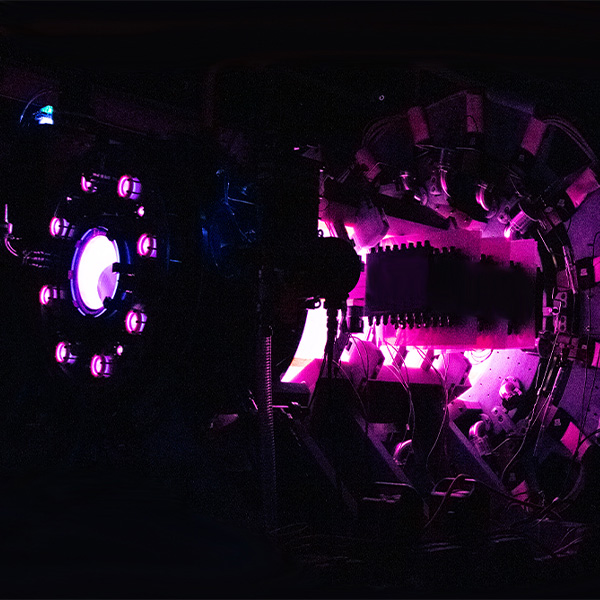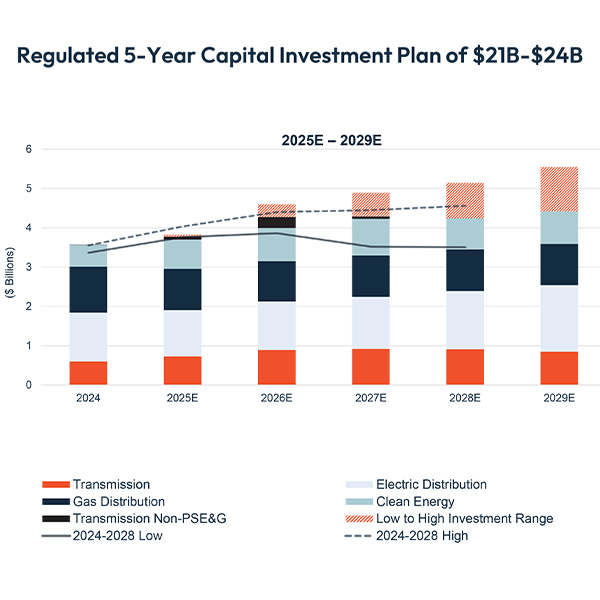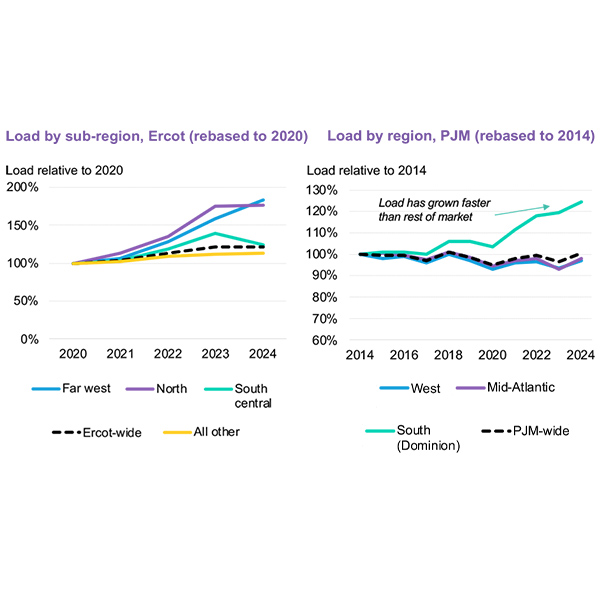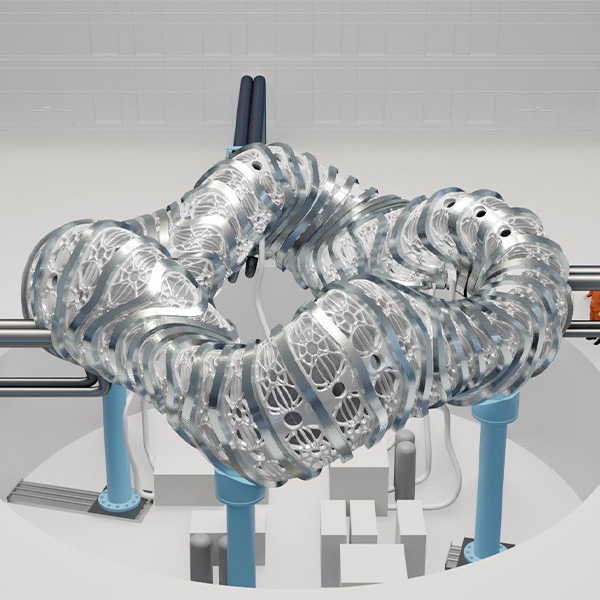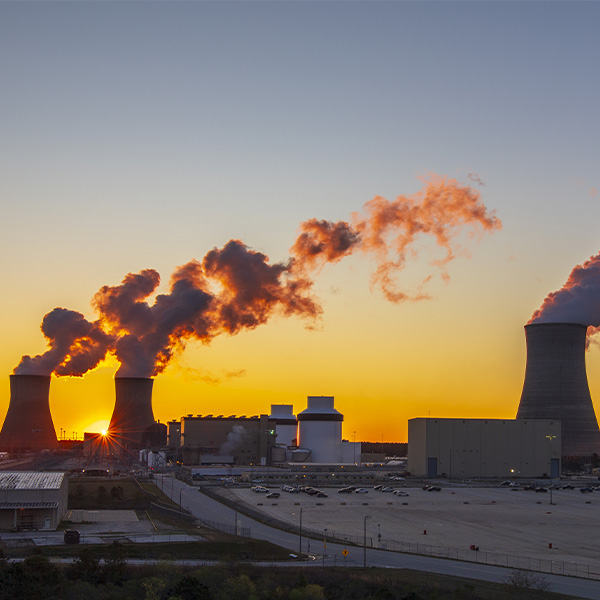Nuclear
Facing a 40% hike in electricity demand by 2030, New Jersey needs to rapidly craft a plan on how to boost generation and develop its transmission and distribution system, speakers at a conference on the state’s energy future said.
House Bill 1018 would allow developers of fusion projects to approach either the Washington state government or appropriate county government for permission to build on a parcel of land in the state.
While the majority of IRA tax credits and incentives have gone to develop clean energy projects in Republican districts and states, House leadership leans heavily toward fossil fuel-producing states,
Holtec has set a 2030 target for commercial operation of two small modular reactors to be built beside the large nuclear plant it is working to restart in Michigan.
Public Service Enterprise Group saw an “over-12-fold” increase in mature leads and inquiries from customers exploring “large load and data center projects” over the past year, CEO Ralph LaRossa said in the utility’s fourth-quarter earnings call.
The 13th edition of the BCSE Factbook comes, as always, packed with charts, figures and industry insights, many of which stand in sharp contrast to President Donald Trump’s focus on fossil fuels and U.S. energy dominance.
Constellation Energy turned in better than projected financials for 2024 as it continued to meet the demand for emissions-free energy with the nation’s largest nuclear fleet.
The 350-MWe pilot fusion plant would provide baseload generation for the Tennessee Valley region, potentially repurposing returned TVA fossil-burning power plant infrastructure.
Hrkman got a respectful, if not enthusiastic reception from state energy officials at the NASEO conference, many of whom are waiting to see if they will receive the billions in IRA and IIJA dollars they were awarded for a range of clean projects.
Georgia’s largest electric utility said the moves are driven by 8.2 GW of anticipated load growth through the end of 2030
Want more? Advanced Search

